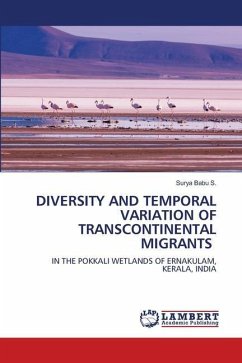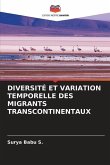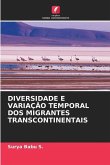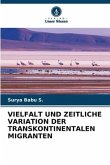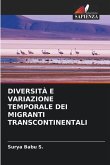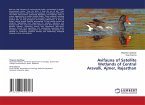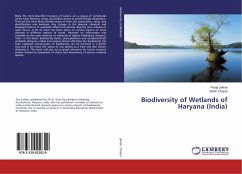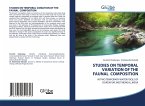The Pokkali is a distinctive, tall, traditional rice variety with Geographical Indication (GI) is impervious to salinity, has high protein content and medicinal value. It is an eco-friendly, rare, sustainable, organic integrated production of rice during the low-saline phase, followed by prawn/shrimp/fish/molluscs cultivation during the high-saline phase. The Pokkali wetlands lying, near the Vembanad Lake and Arabian Sea with rich biodiversity, cover 4,050 hectares of the coastal regions of Thrissur, Alappuzha and Ernakulam districts in Kerala. They are Important Bird Areas (IBA) lying in the Ramsar site and Central Asian Indian Flyway (CAF). This book provides detailed notes on the diversity and temporal variations of Transcontinental Migrants, flora and fauna of Pokkali wetlands. The Pokkali cultivation is a part of our culture, worth 3,000 years old. Currently, it is facing various threats, and the fields were found to be shrinking. Since the pokkali wetlands serve as a "stepping stone" for transcontinental migrants, immediate action is required to safeguard this unique wetland ecosystem for their conservation.
Bitte wählen Sie Ihr Anliegen aus.
Rechnungen
Retourenschein anfordern
Bestellstatus
Storno

